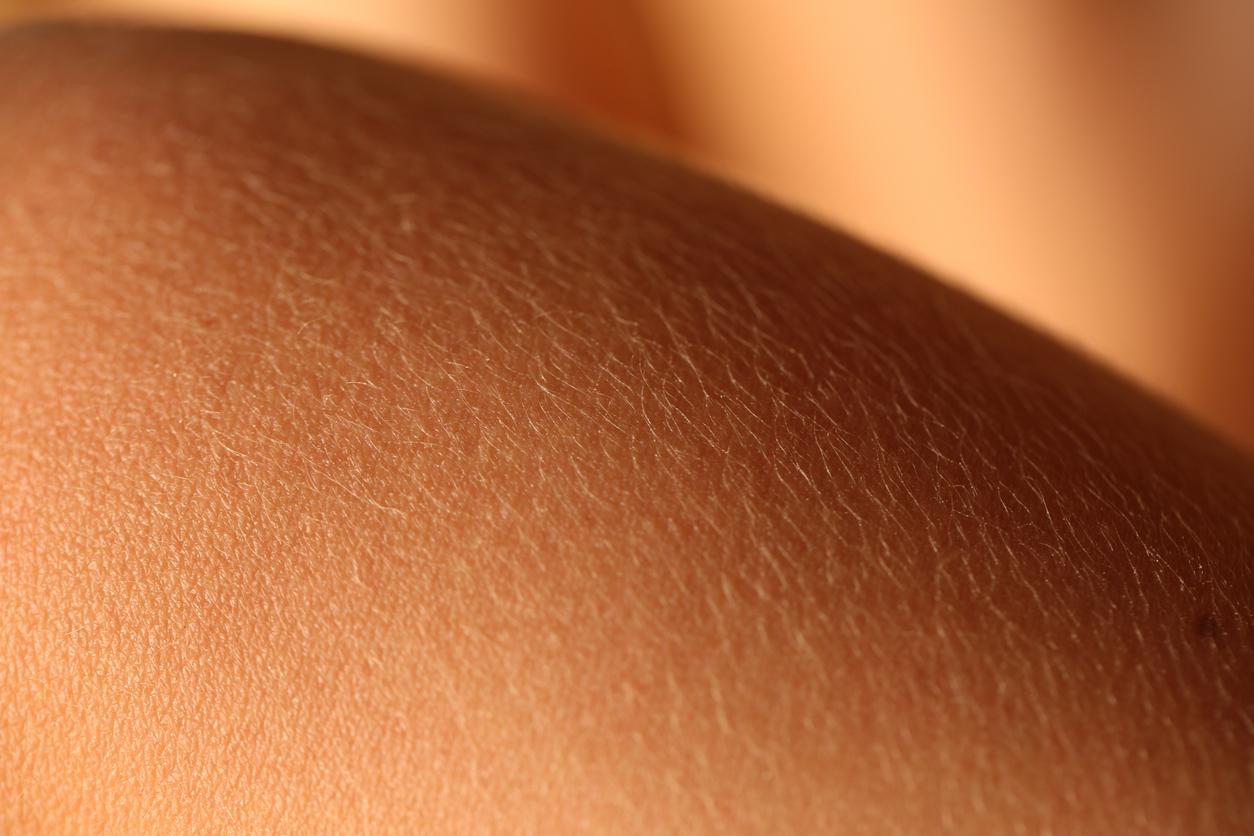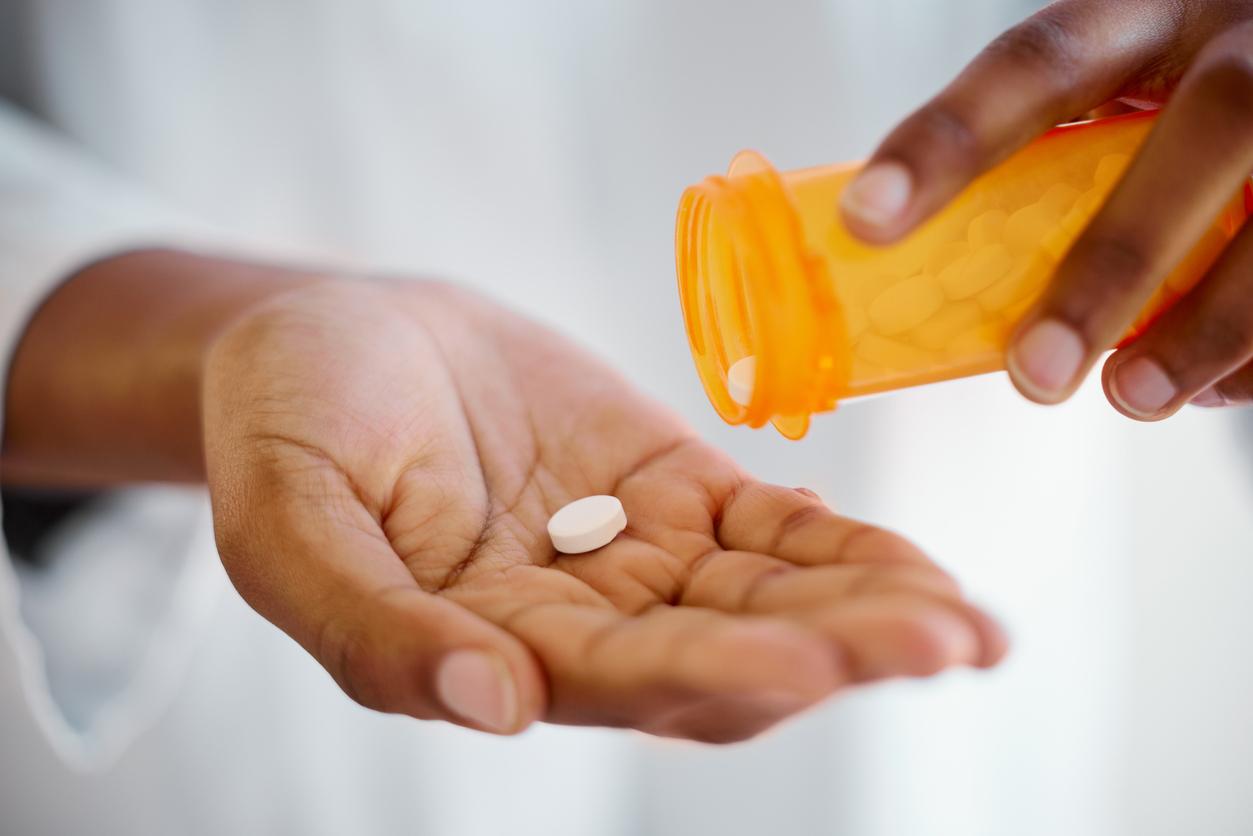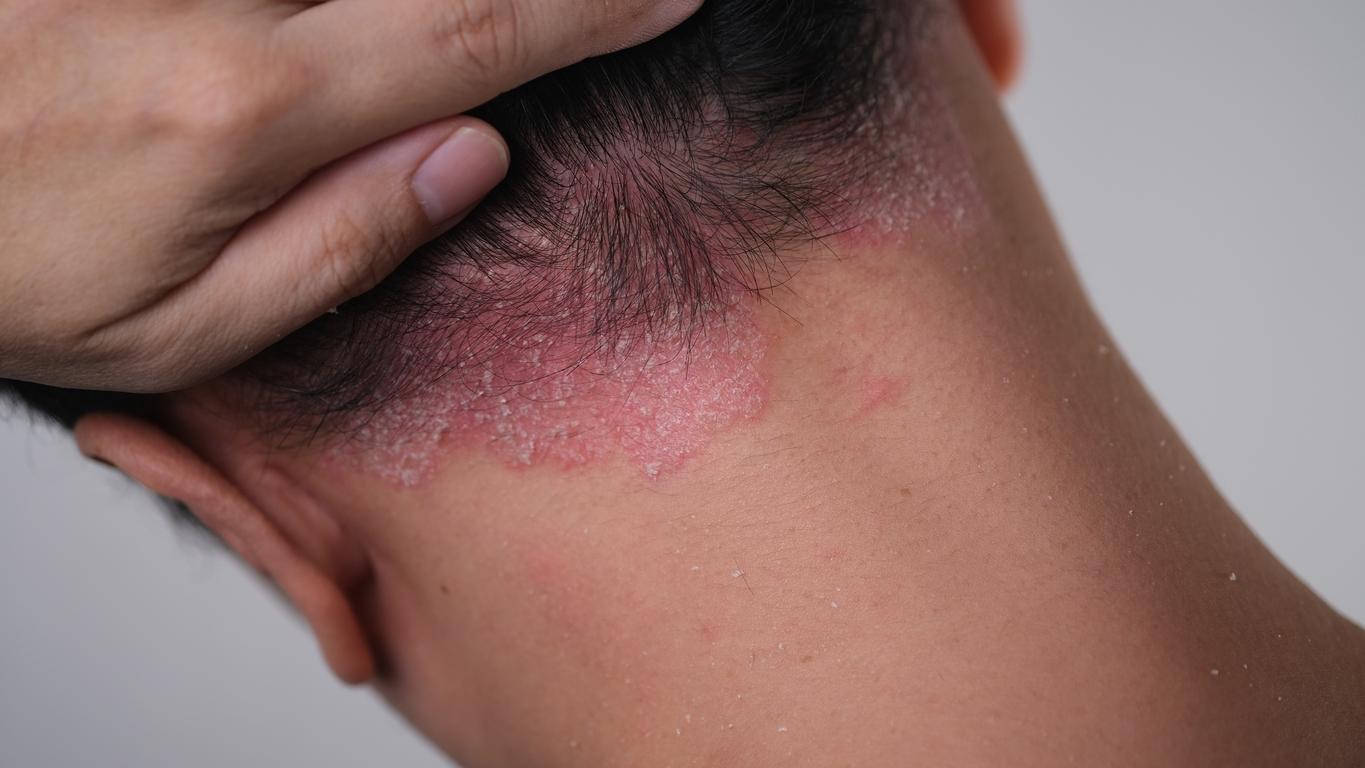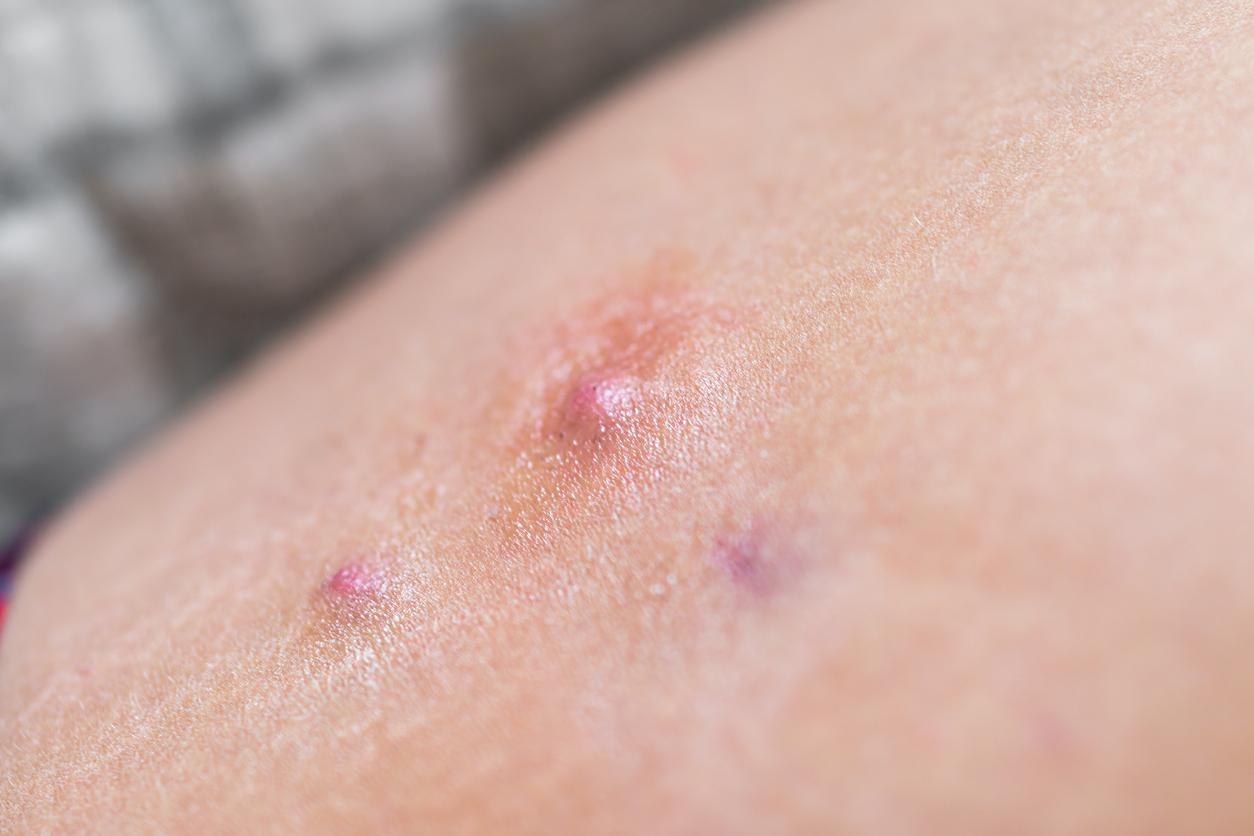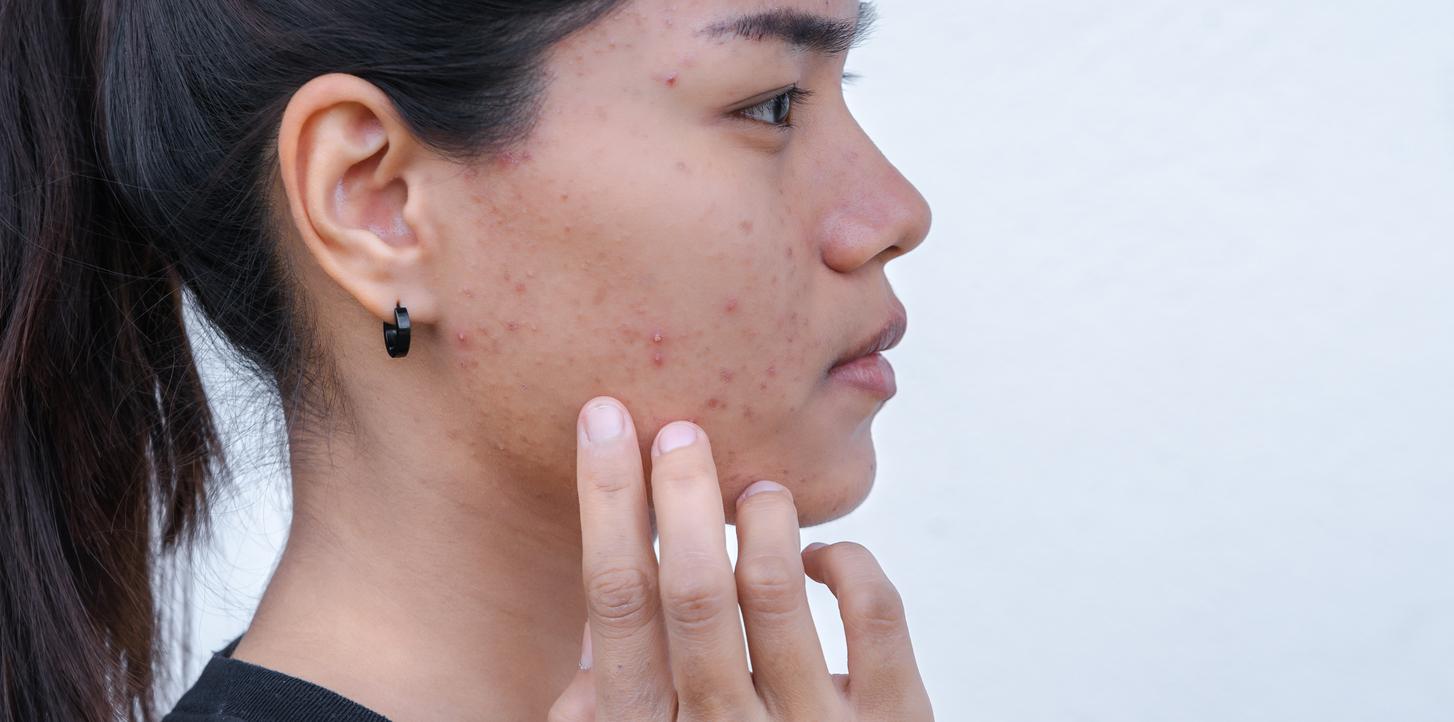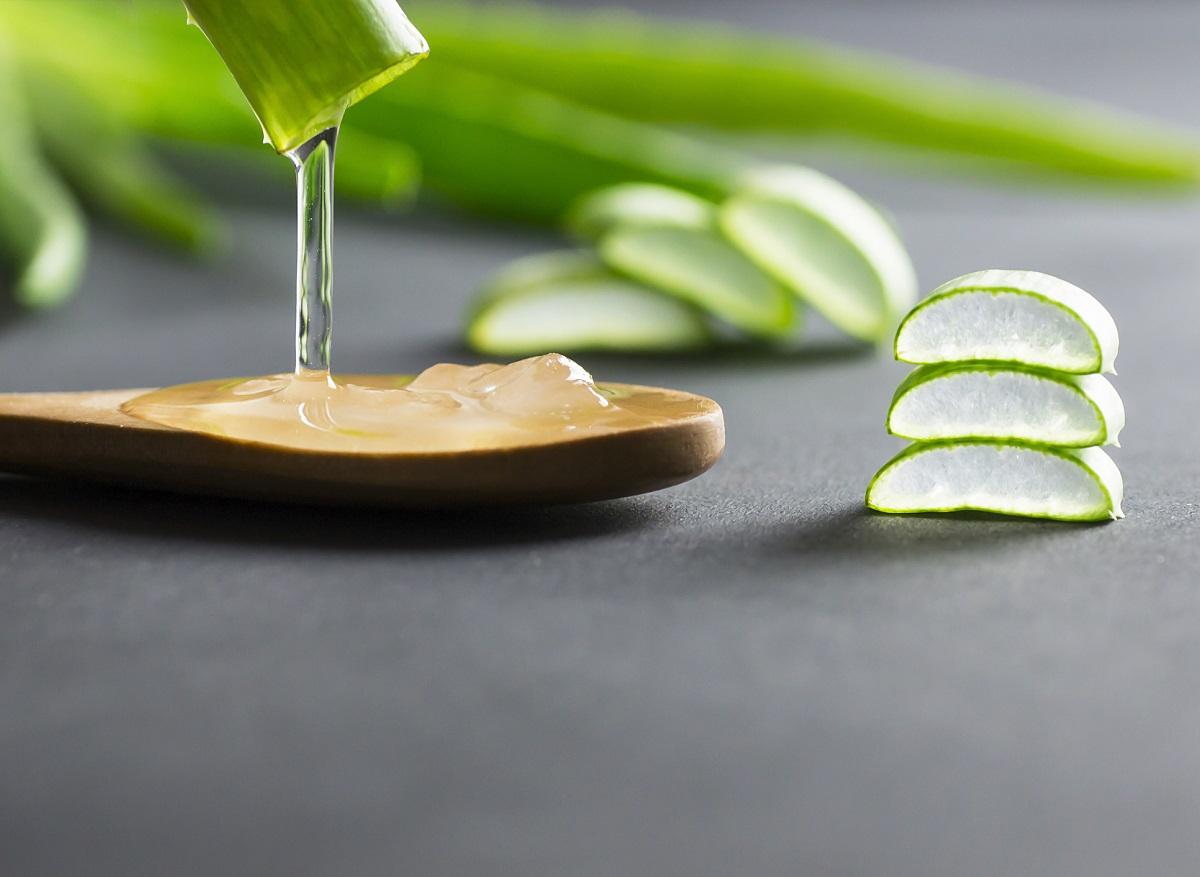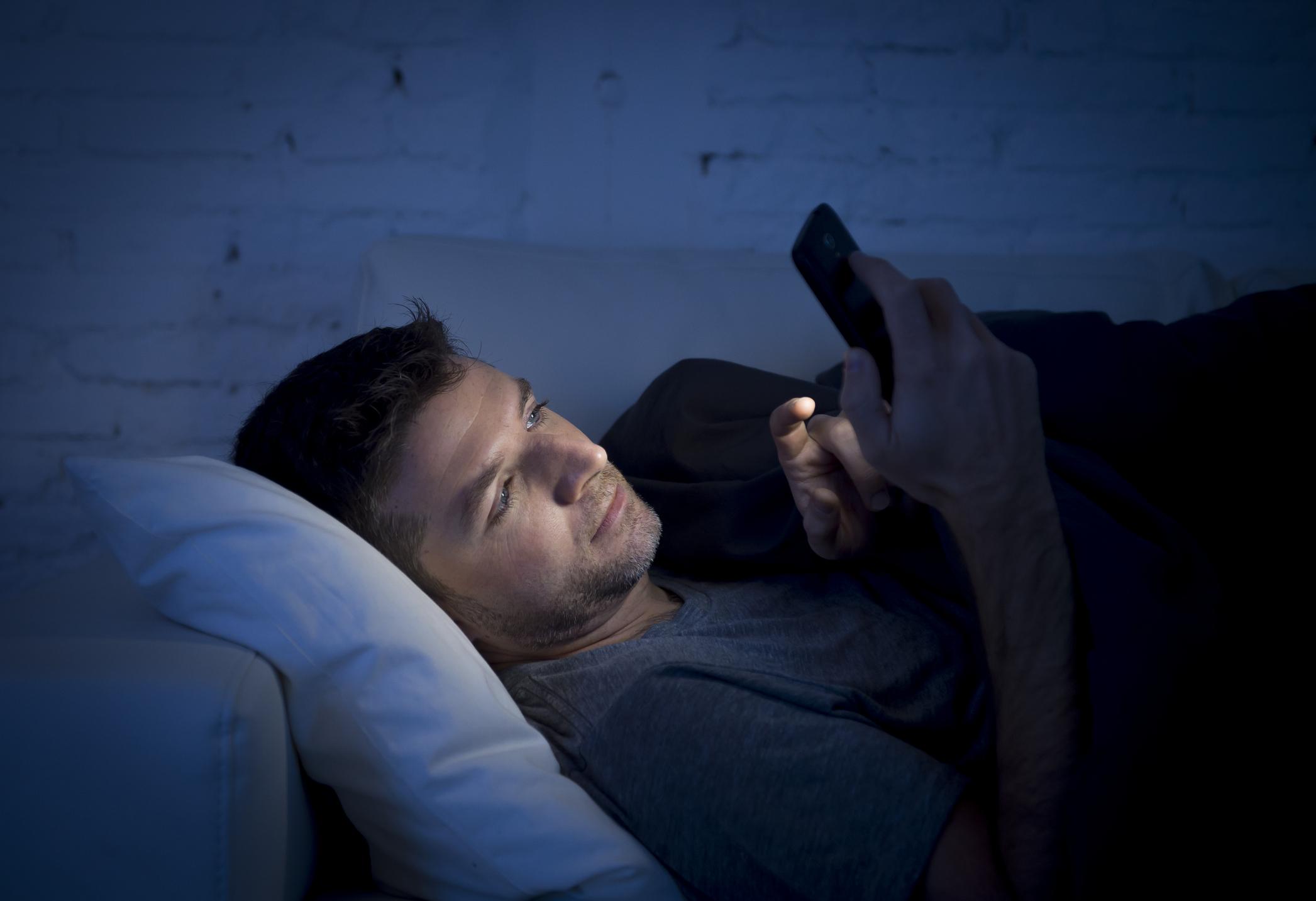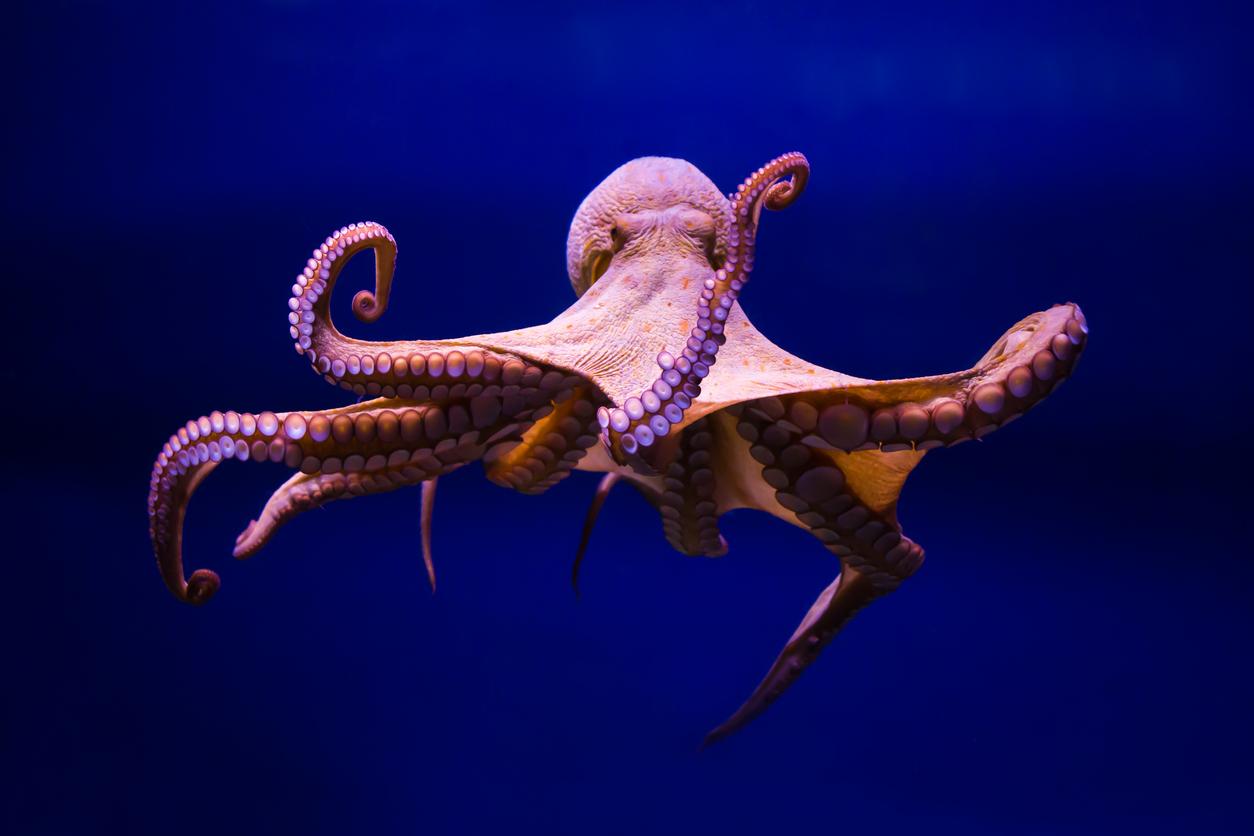Lightening your skin is a lucrative business in the capital, but not without danger. 20% of black or mixed-race Parisians use toxic products to whiten their skin, according to the town hall of Paris. A problematic market: the creams, serums and lotions used by these candidates for a lighter complexion contain a substance toxic to their skin, hydroquinone. This depigmenting agent has been banned for sale in France since 2001, but in fact it continues to be used in the composition of whitening products at an illegal and dangerous dose for health, ranging from 4% for pot creams to 10% for certain oils, according to the Directorate General for Competition, Consumer Affairs and Fraud Control (DGCCRF), taken over by Point. In principle, hydroquinone is only permitted at a content of 0.02% in cosmetics for the preparation for artificial nails, again according to the magazine.
A risk of vitiligo or dermatoses
What are the side effects associated with the application of cream containing hydroquinone? There is a risk of premature aging of the skin. A loss of the barrier function of the skin against the rays of the sun is possible because this component inhibits the production of melanin (pigment produced by the cells of the skin).
This risk of skin disorders following the application of creams containing more than 2% hydroquinone is also underlined by the National Institute for Research and Safety for the Prevention of Occupational Diseases and Accidents at Work (INRS). “Several cases of depigmentation of the skin (or vitiligo), reversible or permanent depending on the duration of contact, have been described”, points out the INRSwhich also evokes cases of dermatoses. “The product pure or even diluted to more than 2% can cause skin contact with irritant-type dermatoses or allergic reactions, such aseczema“, he says on his website.
Cream #CaroWhite displayed in a window rue Marcadet 75018 Paris.
Hydroquinone-based products are prohibited for free sale in France, but shops selling this type of cream are well established! #StopDepigmentation#Mali#Senegal#Ivory Coast#Congo#Africapic.twitter.com/BWzHQ0ld8Y— Guillaume Paret (@ParetGuillaume) February 10, 2018
#STOPDEPIGMENTATION#STOPBLEACHING#lovepic.twitter.com/c9C0vB4oy2
— StopDepigmentation (@StopDepig) January 16, 2018
Read also:
Dermato: what is a good anti-dark spot?
Vitiligo: a still poorly understood disease










